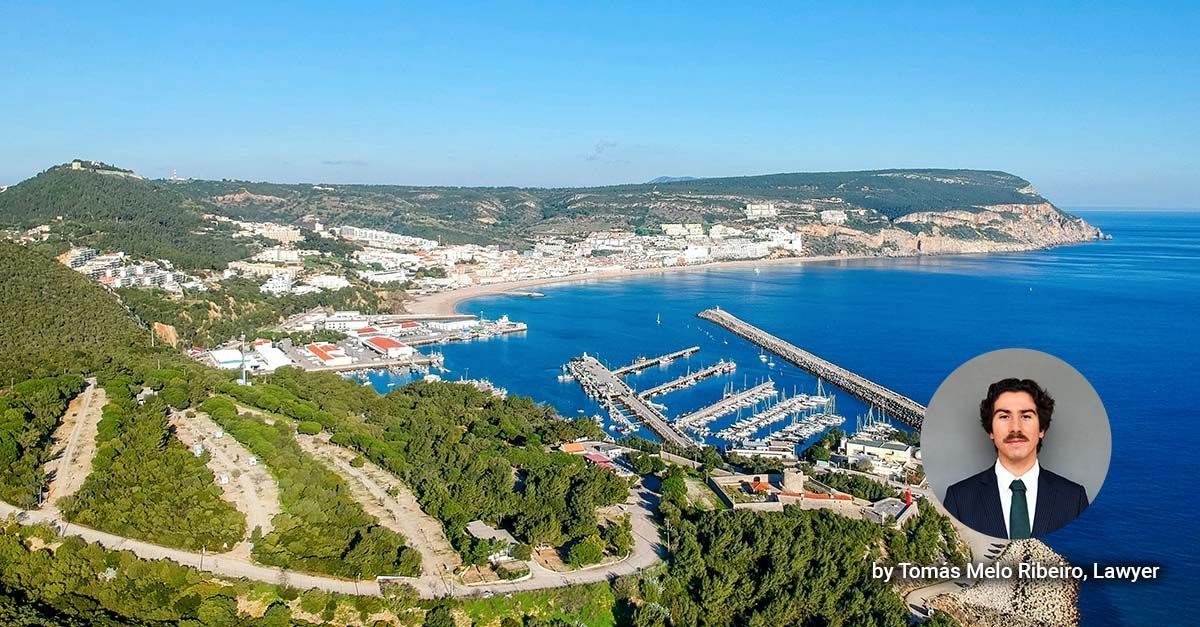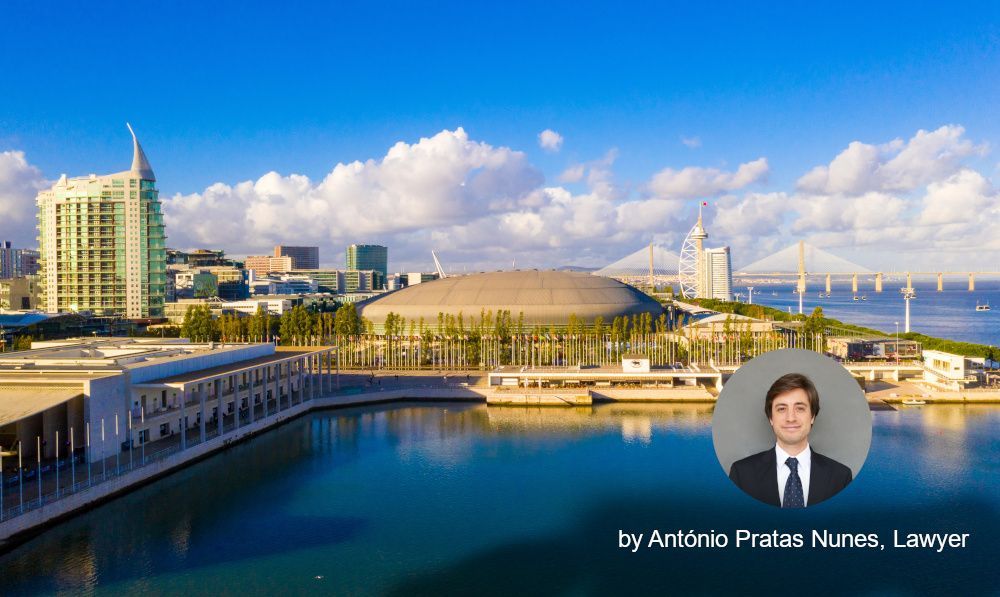The End of the Non-Habitual Resident (NHR) Tax Regime as We Know It
The Portuguese parliament has approved the termination of the Non-Habitual Resident (NHR) Tax Regime. As we discussed in our previous article, this decision is final, and the state budget for 2024 has already been approved.
However, those who wish to enjoy this special tax regime can do so until the end of 2024, provided that they meet any of the following requirements:
- Promise or employment contract, promise or secondment agreement signed by 31st of December 2023, whose duties must take place in Portugal;
- Lease or other contract granting the use or possession of the property in Portuguese territory concluded until 10th of October 2023;
- Reservation contract or promissory contract for the acquisition of real rights over property in Portuguese territory concluded by 10th of October 2023;
- Enrolment or registration of dependents at an educational establishment domiciled in Portuguese territory, completed by 10th of October 2023;
- Residence visa or residence permit valid until 31st of December 2023;
- Procedure initiated by 31st of December 2023, for granting a residence visa or residence permit, with the competent authorities.
The Non-Habitual Resident (NHR) Tax Regime has been in place since 2009 and allows individuals who want to have tax residency in Portugal to benefit from a special tax regulation for 10 years, with a 20% tax rate applied to category A (dependent) and B (independent) income. Although this special tax regime has come to an end, the state budget has introduced a new tax incentive, especially for people who teach in higher education or do scientific investigations or come to work for Startup companies.
In addition to the workforce mentioned earlier, the workers who are "qualified for job positions recognised by the Agency for Investment and Foreign Trade of Portugal, E.P.E., or by IAPMEI - Agency for Competitiveness and Innovation, I.P., as relevant to the national economy, particularly within the framework of attracting productive investment" and "job positions or other activities carried out by tax residents in the autonomous regions of the Azores and Madeira, under the terms to be defined by regional legislative decree" are also eligible for this new tax benefit.
Moreover, people who work for certified startups are eligible for this new tax benefit. Startups are defined as companies with no more than 250 employees, an annual turnover of no greater than 50 million euros, and less than 10 years in operation. They must also have their headquarters or representation in Portugal, or at least 25 employees within the country. Furthermore, they cannot be a merger or division of a larger company.
These are still alternative paths for the Non-Habitual Resident (NHR) Tax Regime for those who wish to benefit from a more favourable tax regime in Portugal.
If you need any help regarding this matter or other related issues, please
contact us, we will be delighted to assist you.











